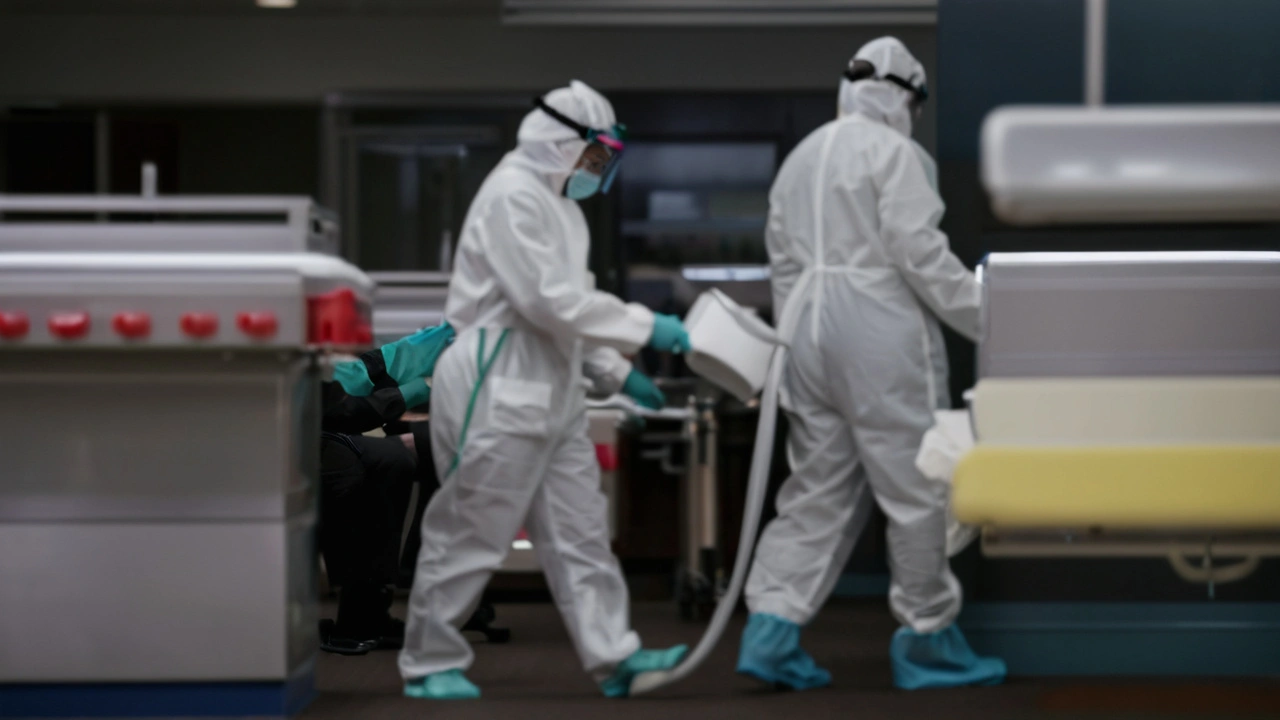Understanding H3N2 Influenza: A Quick Guide
H3N2 influenza is a strain of the flu virus that often leads to seasonal outbreaks with increased sickness and hospital visits. It’s known for causing a harsh flu season, especially among older adults and people with weak immune systems. Unlike some flu types, H3N2 can change fast, which makes it tough to predict and control.
If you’ve caught the flu recently or want to avoid it, knowing the signs is key. Common symptoms include sudden fever, body aches, cough, and extreme tiredness. Sometimes, it can lead to serious complications like pneumonia, especially in vulnerable groups. So, spotting it early and taking action helps a lot.
How Does H3N2 Impact You?
H3N2 spreads mainly through droplets when someone coughs or sneezes. You can also get it by touching surfaces with the virus then touching your face. That’s why washing hands often and avoiding close contact with sick people is crucial. Schools and workplaces can see rapid spreads, so staying informed and cautious is smart during peak flu times.
Vaccines can help protect against H3N2, but because the virus shifts, they aren’t 100% foolproof. Still, getting a flu shot greatly lowers the chance of severe illness and helps reduce the virus’s spread in the community. Doctors also recommend antiviral medicines early on if symptoms are bad or if you’re in a high-risk group.
Simple Steps to Stay Safe and Healthy
To protect yourself and others from H3N2 influenza, keep up with good hygiene habits. Wash your hands regularly, cover coughs and sneezes with a tissue or elbow, and clean shared surfaces. If you’re sick, stay home to avoid passing the virus on. Also, boost your immune system with plenty of rest, fluids, and healthy food.
Watching for symptoms and seeking medical care when needed can prevent complications. It’s smart to keep up with health news during flu season to know if this strain is spreading in your area. Staying aware and prepared ensures you handle H3N2 flu without surprises.

India on High Alert After Death of Young Boy Linked to H3N2 Influenza Virus
A 12-year-old boy from the Nagpur district of India has died after complications from the suspected H3N2 influenza virus, prompting an alert in the region. Health authorities have started screenings and advised schools to take precautions, raising public concern about the virus's spread among children and vulnerable populations.